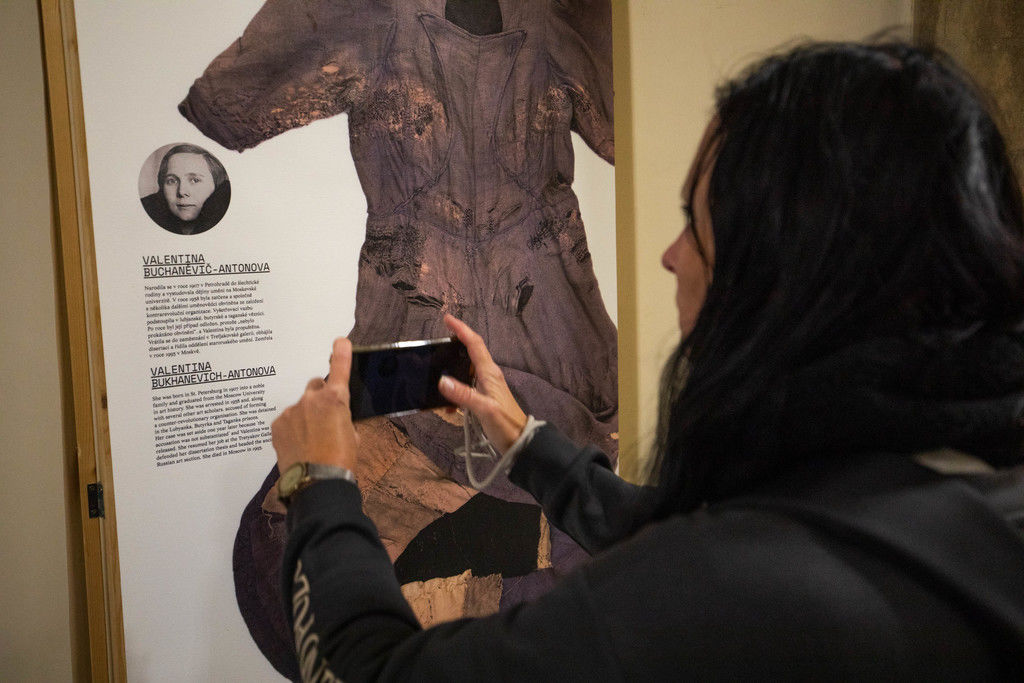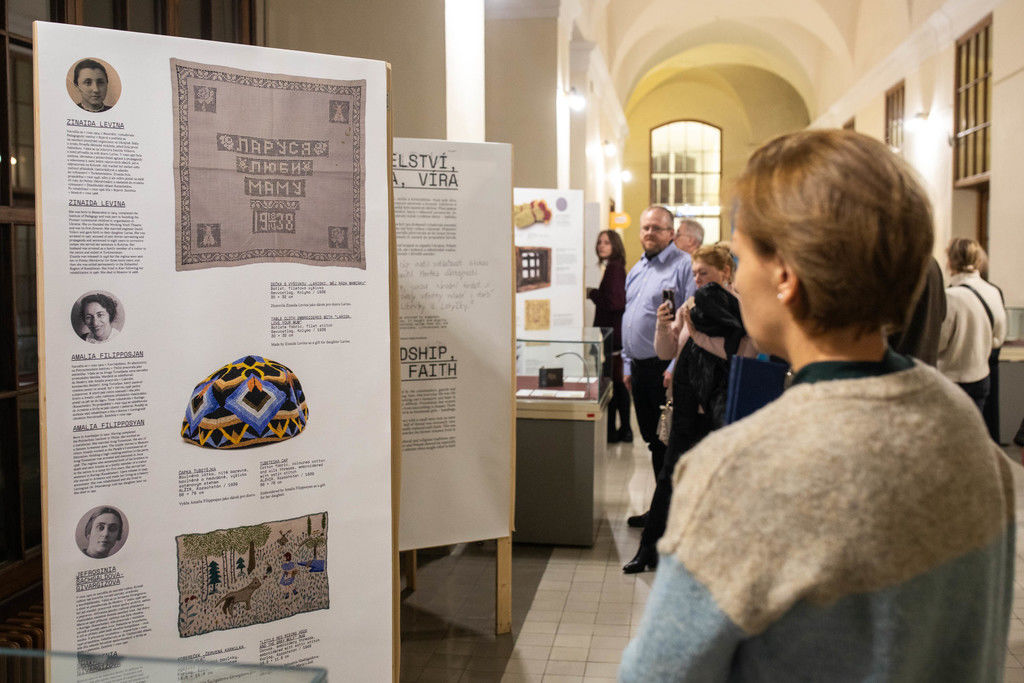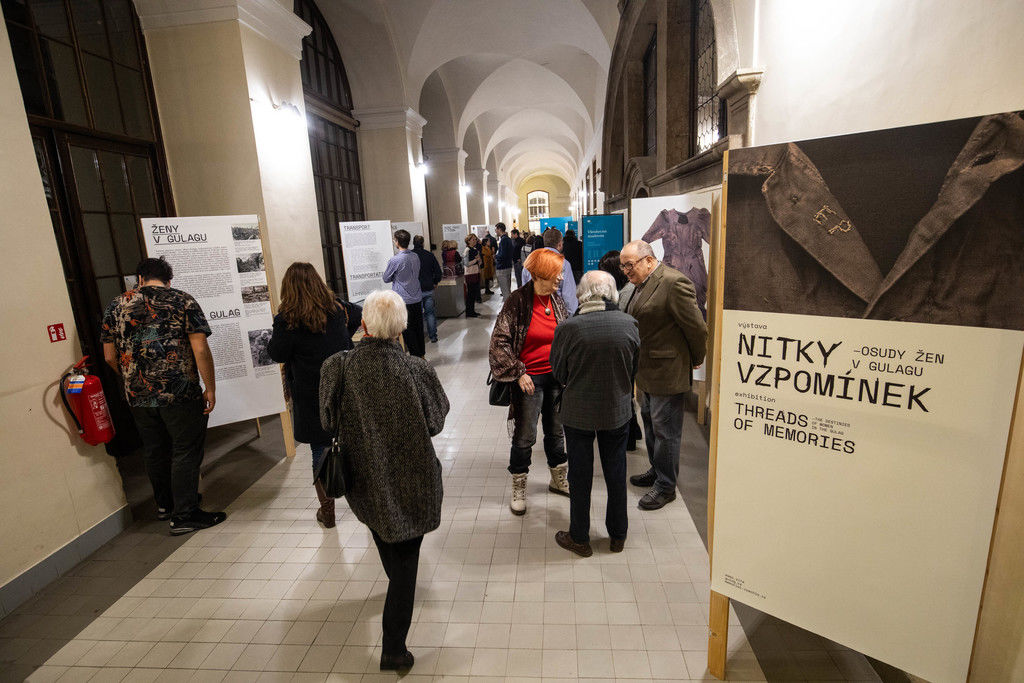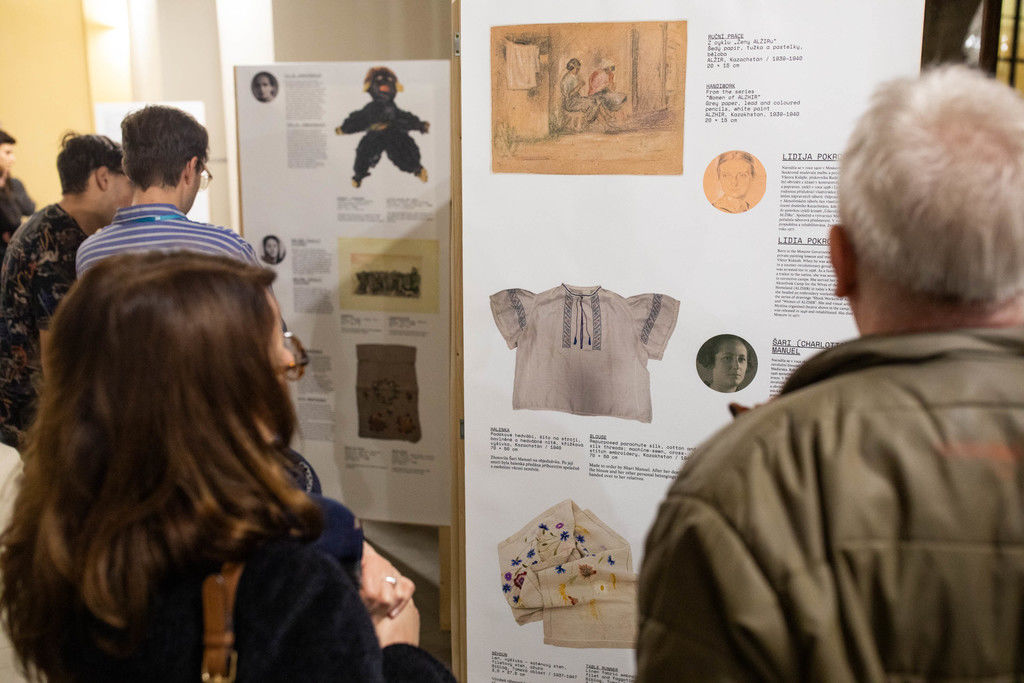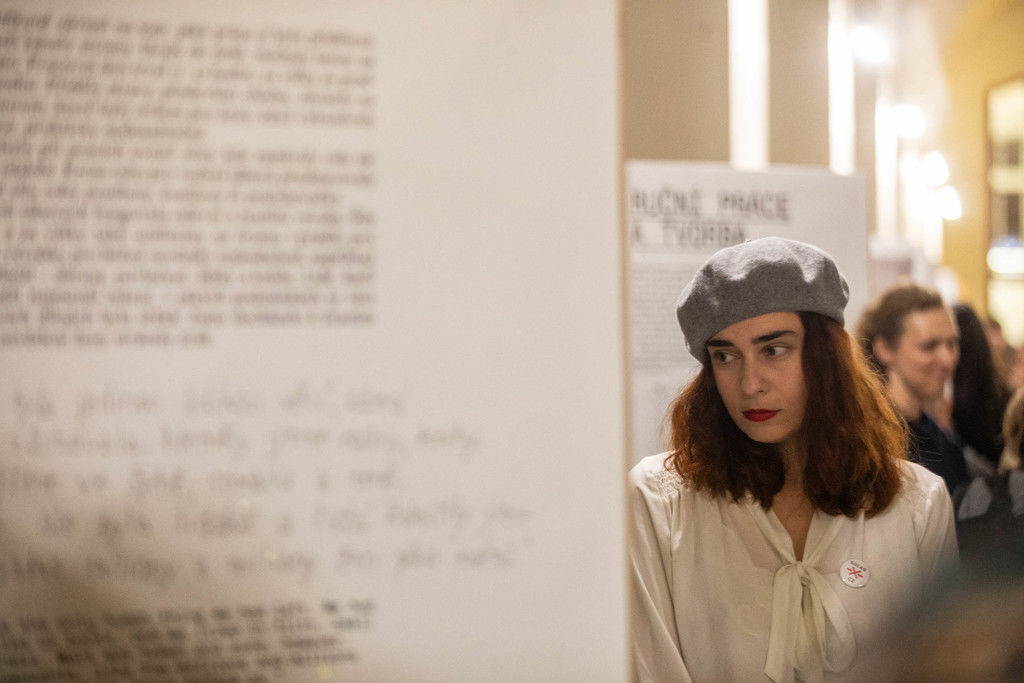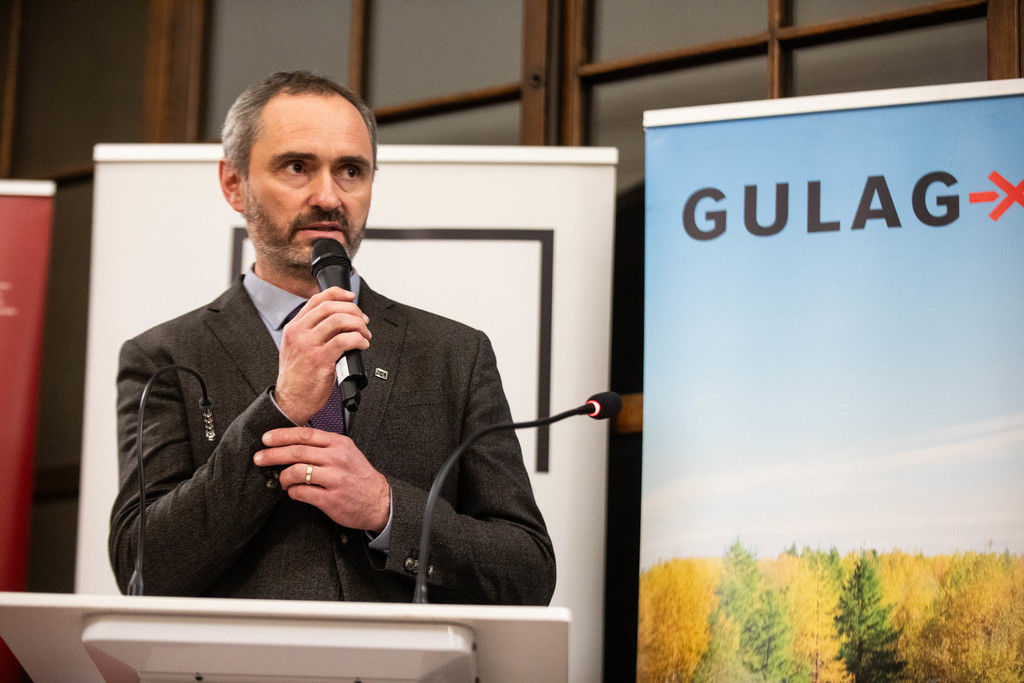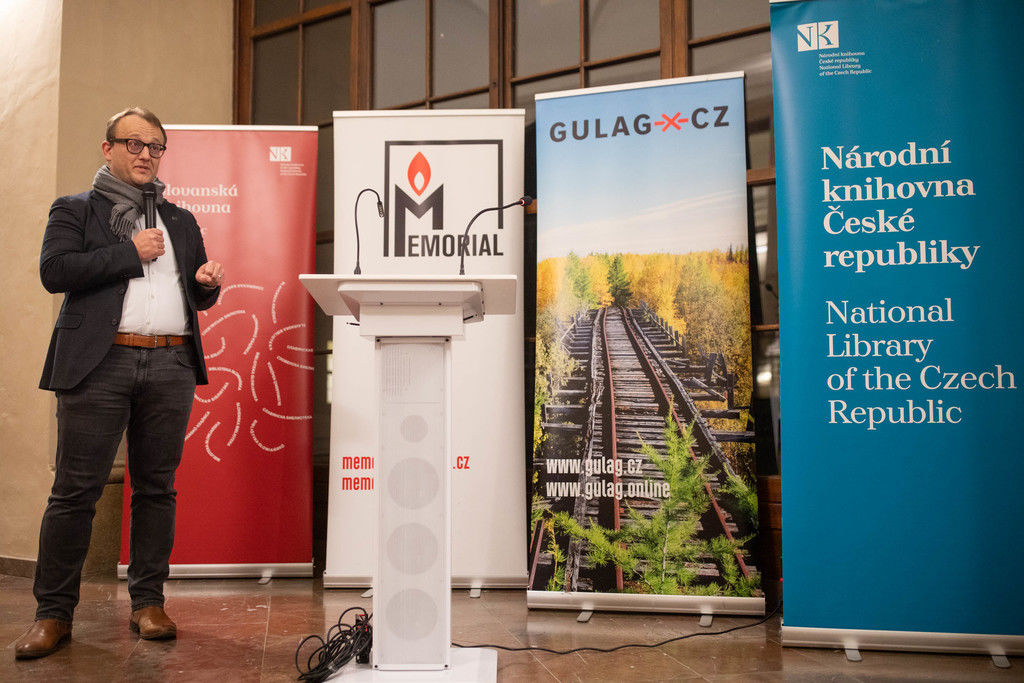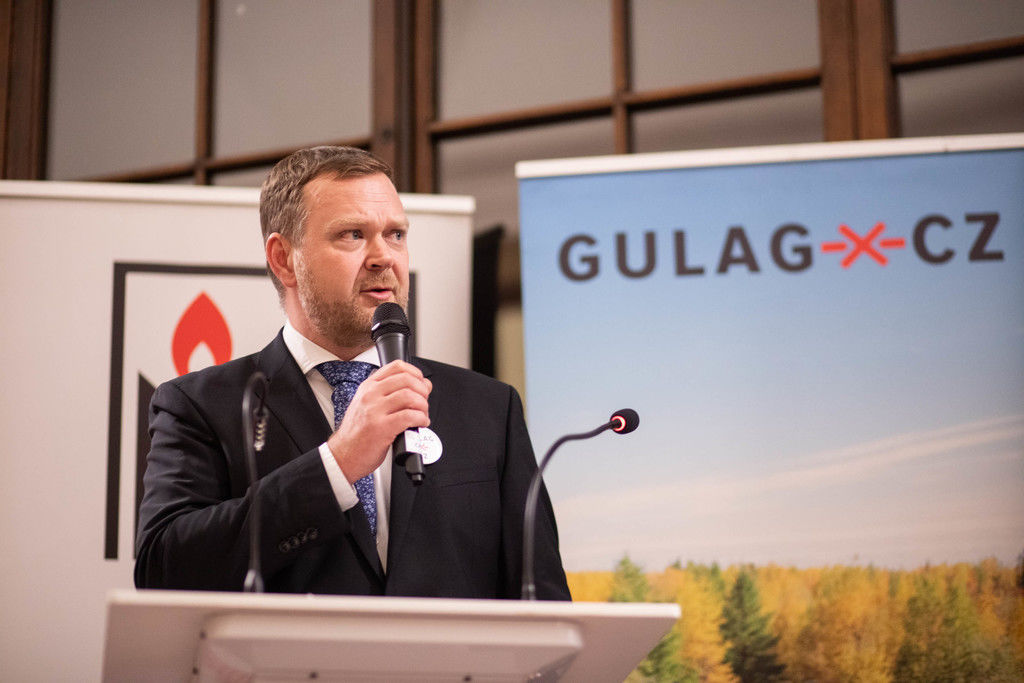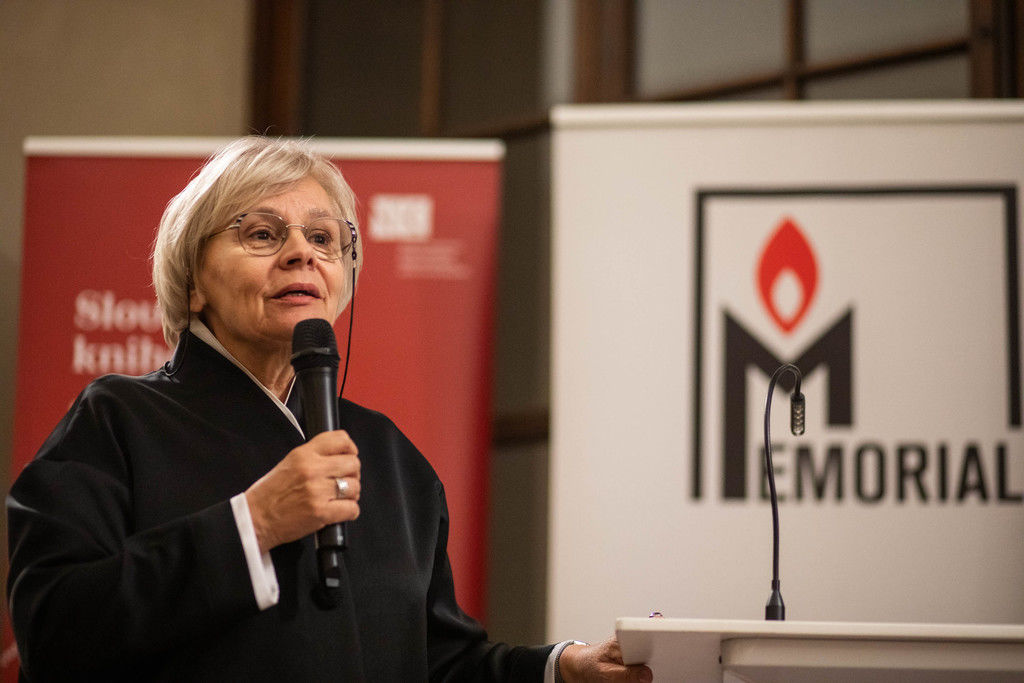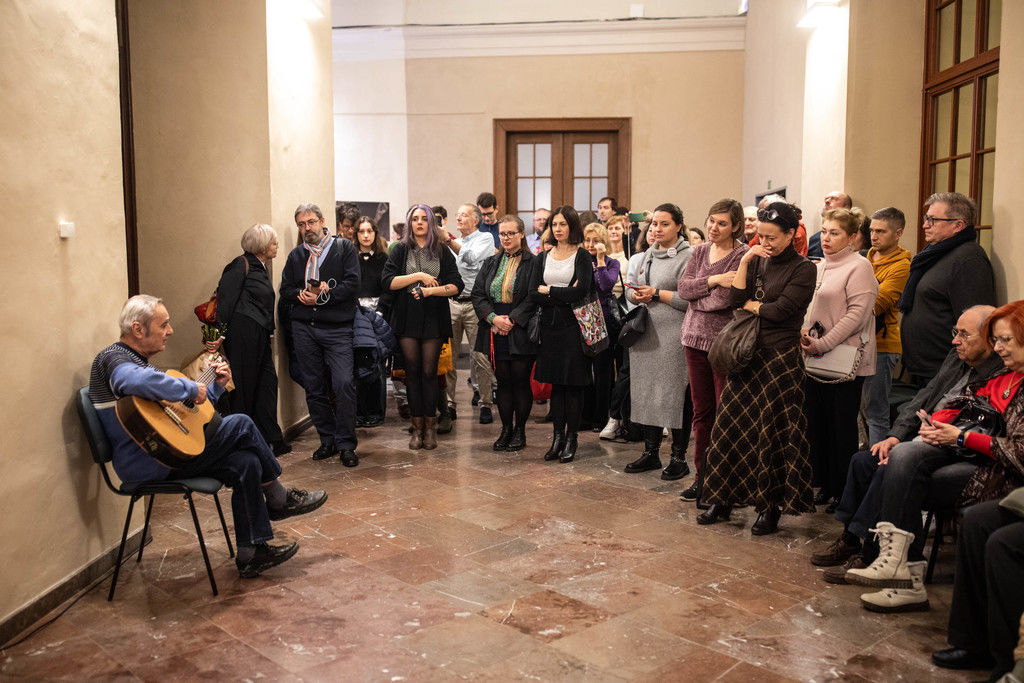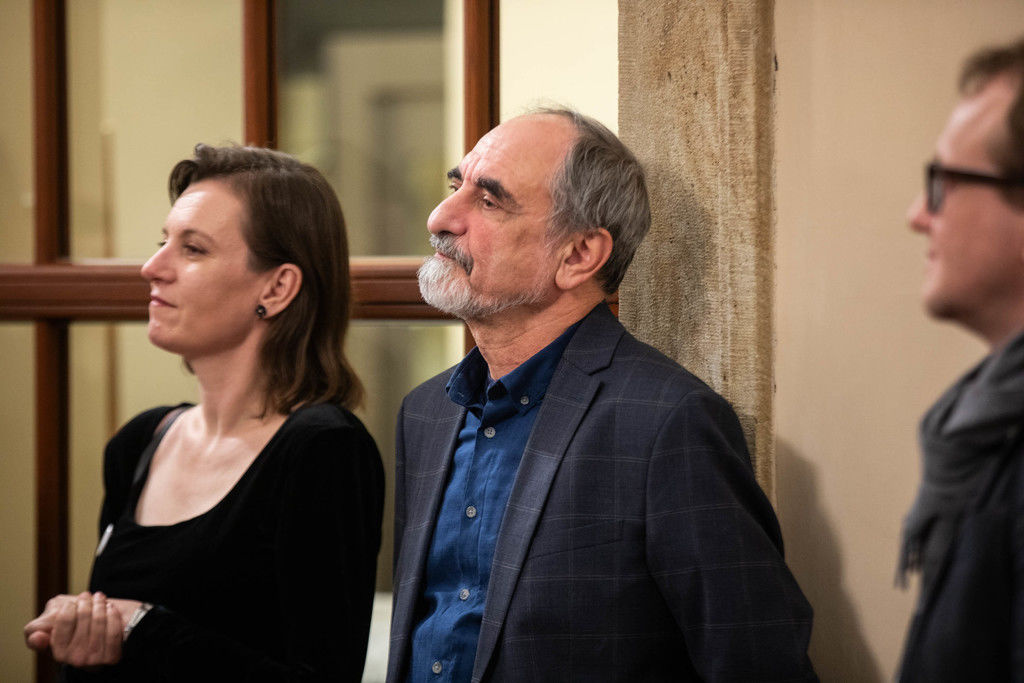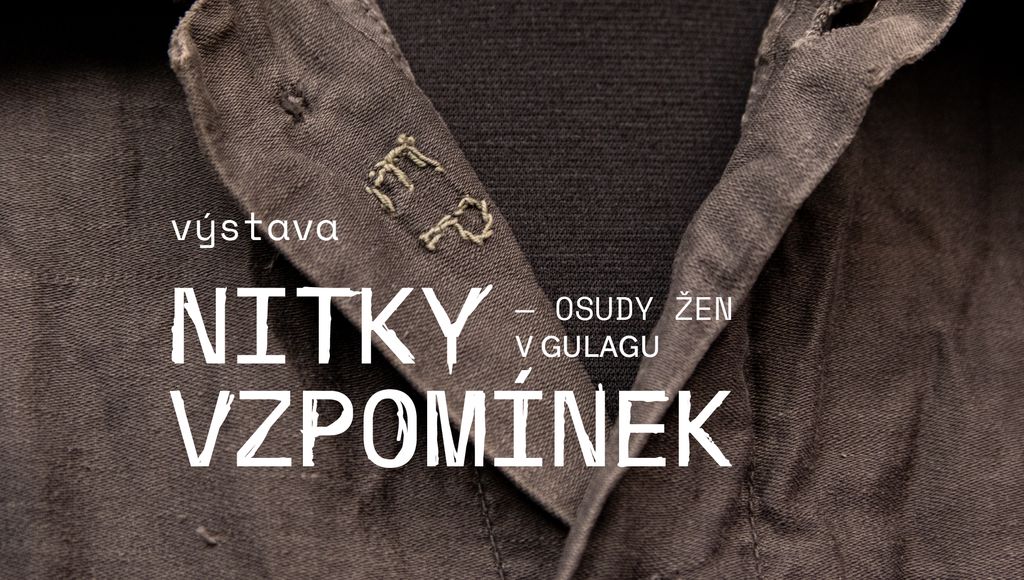A new exhibition follows the lives of women in Soviet camps through photographs of handicrafts and objects connected to the stories of 26 specific women. It brings fragments of everyday life in the Gulag and includes several authentic exhibits. Some of the stories also have a distinct Czech touch. This is an adapted version of the exhibition "Material", which was originally presented by the Memorial association in Moscow in autumn 2021. The first Czech presentation of the exhibition took place on November 27, 2024 at the National Library in Prague.
Arrests, executions, prisons, Gulag camps, the dismemberment of peasants, the deportation of entire nations - all of this affected millions of people in the past. Political repression in the Soviet Union was massive. The state punished not only for crimes, but also for belonging to a certain category of the population, for example, social, religious or ethnic, including the Czech one. Of course, there were women in each of these groups.
The proportion of women among prisoners of Soviet labor camps in 1941 was 13% and by the end of the war it had reached almost a third of all prisoners. In total, an estimated 2 million women passed through the Gulag camps, hundreds of them of Czech origin. Millions more were deported and hundreds of thousands were executed. Women were arrested on the same charges as men, and they lived and worked in the camps under the same conditions. Their lives were often subjected to humiliation and violence.
However, women prisoners in the camps often managed to find the mental and moral strength not to give up and to keep hope for a future meeting with their children and loved ones. They were often helped by the clothes and small objects that they were able to make in the camp, mostly from pieces of fabric. “The central motif that connects the entire exhibition is therefore threads. Threads torn from ball gowns, threads from which embroidery is created, threads for slicing bread or sewing. These are threads signifying a connection with family outside the camp, friendship with fellow prisoners and a bond to a former life,” said the curator of the exhibition Petra Černoušková from Gulag.cz, who, together with the author Irina Ostrovska from Memorial, adapted the concept of the original Moscow exhibition for the Czech environment.
The exhibition consists of 22 panels with authentic stories of women and photographs of mainly handmade objects, supplemented by several original objects that will be physically presented to visitors. It is based on the original exhibition “Material”, which was organized by the Memorial organization in Russia in 2021, before its judicial liquidation, based on its museum collection. The exhibition, entitled "Threads of Memories - The Fates of Women in the Gulag", was adapted for the Czech environment and supplemented with stories of Czech women along with objects found by the Gulag.cz organization during expeditions in the footsteps of the Gulag. The new form of the exhibition is a bilingual Czech-English version.
The opening took place on November 27, 2024 from 6 p.m. in the exhibition hall of the National Library of the Czech Republic on the ground floor of the Klementinum.
The opening was also attended by descendants of some of the prisoners who went through the hell of Soviet camps and whose fates the exhibition describes. It also included a musical performance by the translator of Russian-language literature and musician Milan Dvořák.
The exhibition was on display here until January 31, 2025 during library opening hours. Other stops throughout the Czech Republic were followed.
The authors are the Memorial organization (Memorial Zukunft, NIPC Memorial Moscow) and Gulag.cz in cooperation with the National Library of the Czech Republic – Slavic Library.
Idea: Irina Ostrovskaja
Concept and texts: Irina Ostrovskaja, Petra Černoušková, Štěpán Černoušek
Graphic design: Hynek Reich Štětka
Photographs of objects: Jurij Palmin, Darja Krotova, Štěpán Černoušek
Printing: Apostolos Joanidis
Translations: Antonín Hluštík
Language editing: Josef Greš
Proofreading: Magdaléna Hájková
Exhibition production: Petra Černoušková
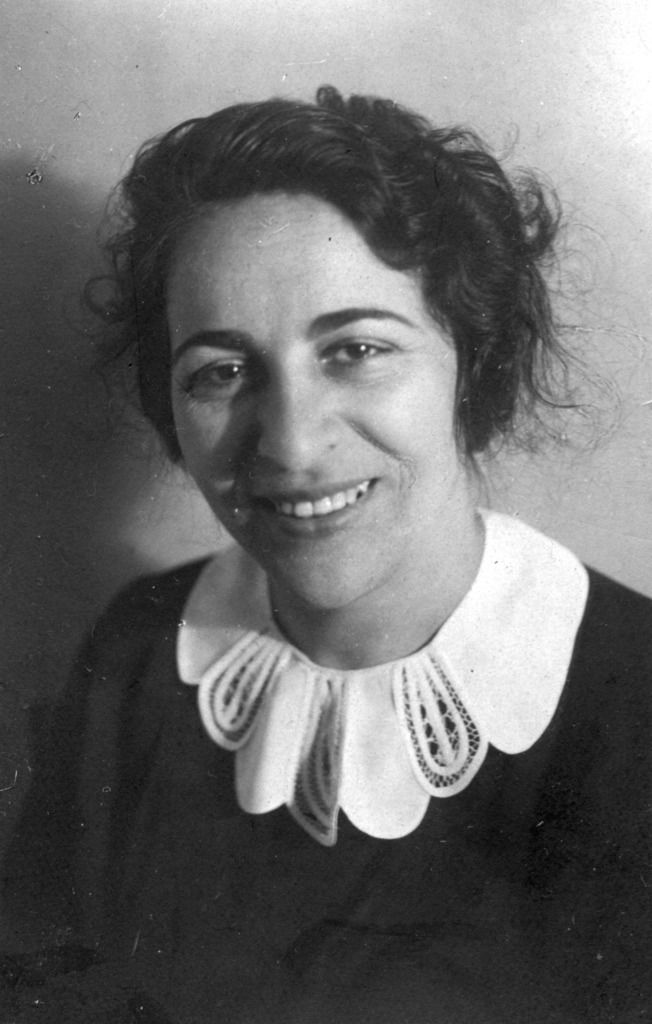
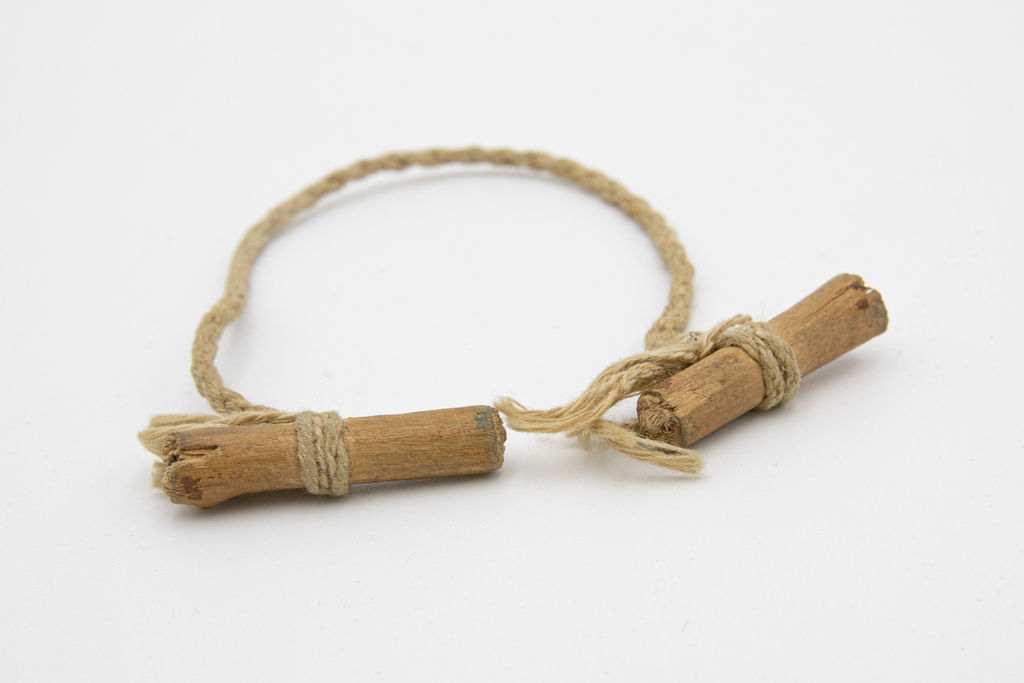
.jpg)

